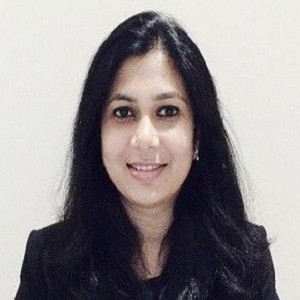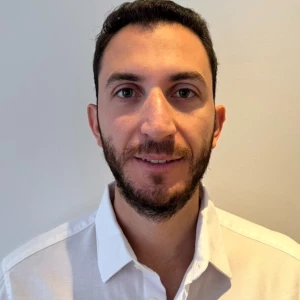Hi,
there are 3 aspects of the application process you have to focus on:
- CV and cover letter: prepare impactful documents that highlight your achievements, skills, and motivation.
- Personal Experience Interview: fit and CV questions to assess your personal impact, leadership skills, and entrepreneurial spirit. You should prepare impactful stories about your experiences that cover these 3 main pillars.
- Case Interview: typical business case to evaluate your structure in approaching problems, problem-solving skills, and business sense. This is the most time-demanding aspect to work on. I recommend reading Cosentino's Case in point to fix the theory. Then, what will be really important is practicing mock cases with other candidates here on Preplounge.
I have helped tens of candidates in setting it up, feel free to text me for other customized tips.
Hope it helps,
Antonello














